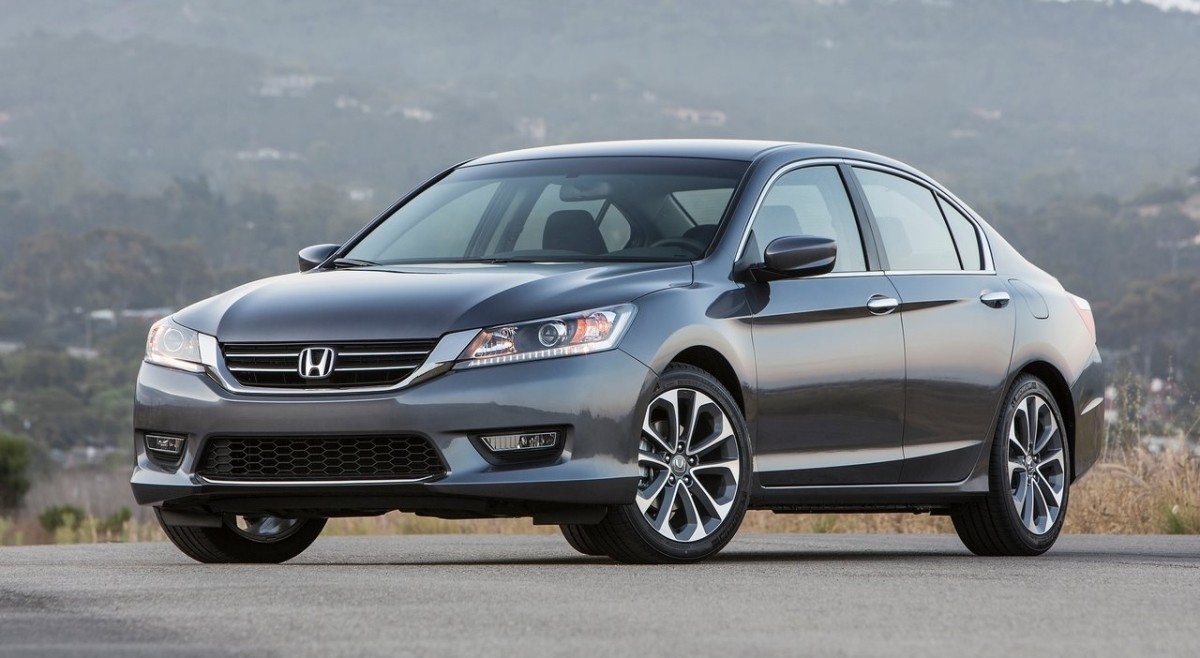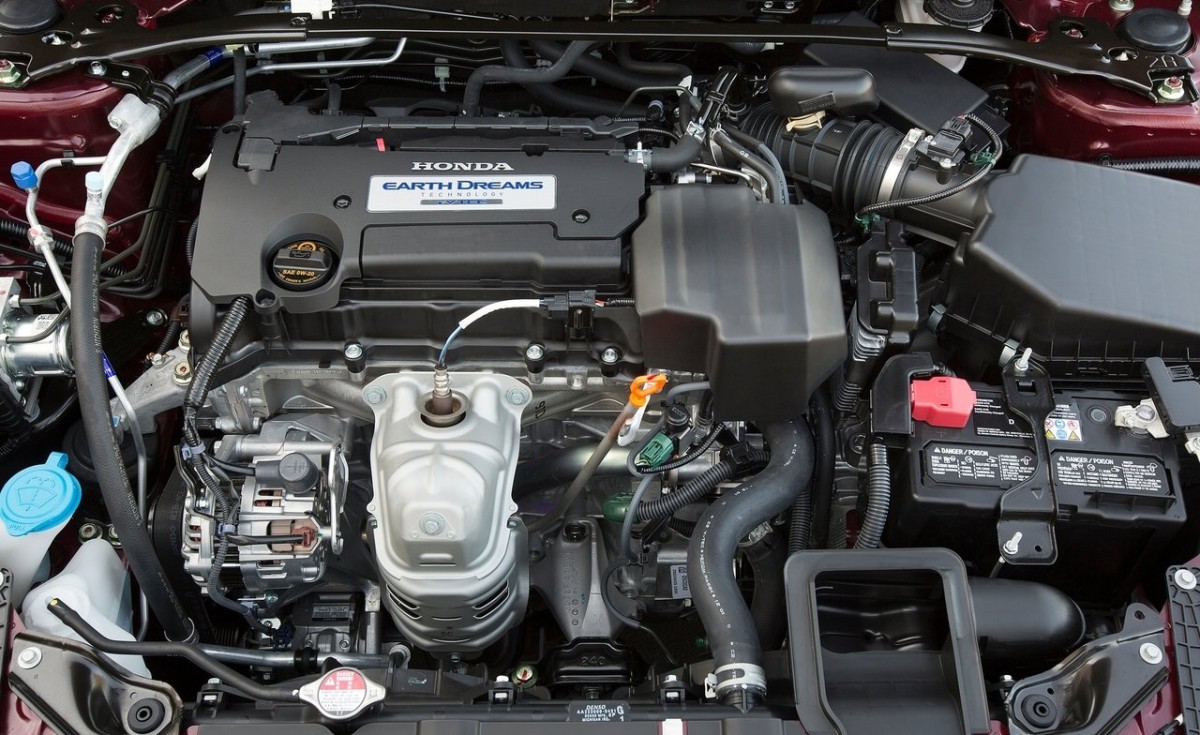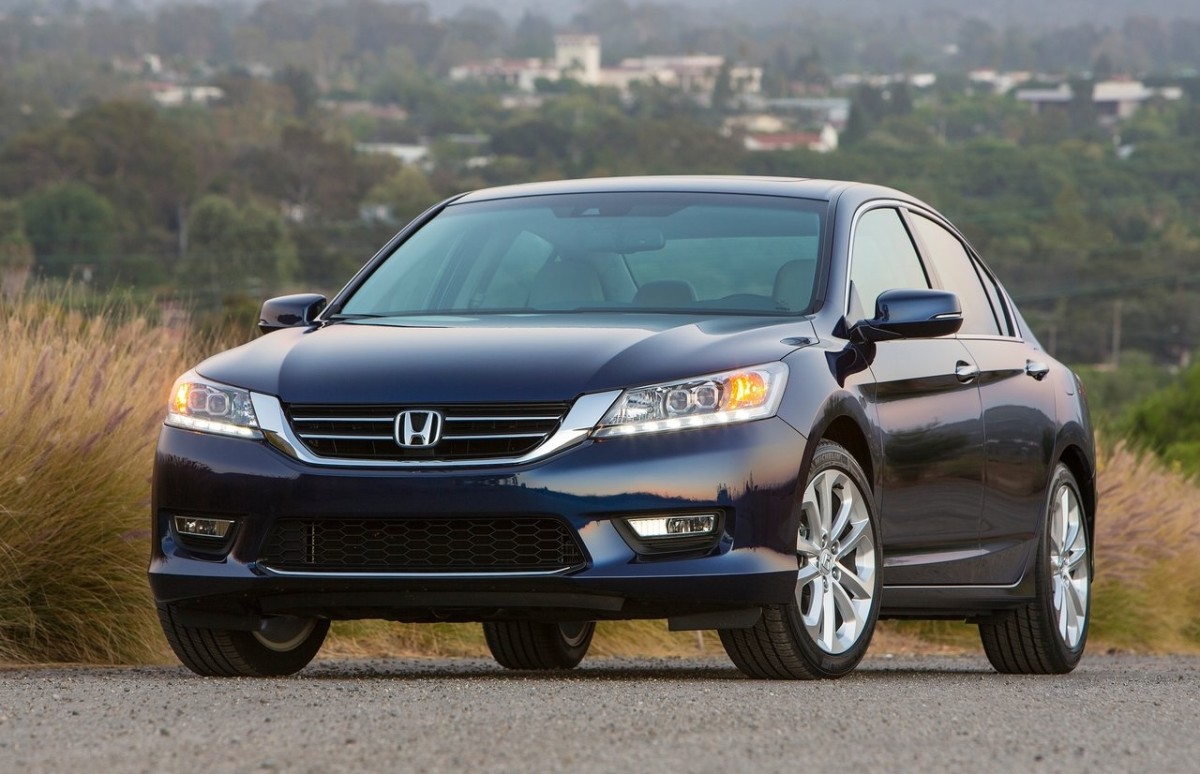America’s Favorite Sedan Has a Serious Issue
The Honda Accord has long been a staple of the American driveway. Beloved for its reliability, practicality, and resale value, the Accord consistently ranks among the best-selling passenger cars in the US. In 2013 alone, Honda moved over 360,000 units of the nameplate across the country. Now, more than a decade later, a portion of those well-aged sedans may need to head back to a dealership for something more serious than a routine oil change.
Honda has confirmed a new safety recall affecting 65,115 units of the 2013 Accord equipped with four-cylinder engines and CVT. If you or someone you know is still commuting in one of these, there’s a new risk under the floorpan that Honda wants to fix.
Honda
View the 2 images of this gallery on the
original article
The Driveshaft Problem That Took a Decade to Unfold
According to the National Highway Traffic Safety Administration (NHTSA), Honda has identified a defect linked to the front drive shafts on certain 2013 Accord units. Specifically, it affects models built between July 17, 2012, and February 26, 2013, which were assembled using a particular lubricant (coded TB2720C) that inadvertently accelerates the degradation of the protective coating on the drive shafts.
Here’s the problem: In states that regularly salt their roads during winter, that worn coating leaves the metal vulnerable to corrosion from de-icing agents. Over time, corrosion can cause the drive shafts to weaken and break, especially under high torque.
A broken driveshaft could not only disable the car’s ability to move, but if the parking brake isn’t engaged, it could allow the car to roll away. That’s a serious safety risk, even if no injuries or fatalities have been reported so far, as Honda claims.
This issue is separate but related to a previous recall (NHTSA ID 20V769) that covered later 2013 Accords using a different lubricant.
Honda
Better Not Wait to Have This Remedied
If you own a 2013 Honda Accord with a four-cylinder engine and a CVT, check your VIN once Honda’s lookup tool is updated. Starting August 11, 2025, owners of affected vehicles will receive mail notices asking them to visit a dealership. There, technicians will inspect the driveshafts for corrosion and replace them free of charge if necessary.
Honda has begun notifying dealers as early as June 20, 2025. The updated replacement parts use a different lubricant that doesn’t degrade the protective coating, effectively resolving the root cause.
If you’ve already had the issue repaired at your own expense, Honda’s reimbursement plan may allow you to claim those costs back. Either way, it’s best not to wait.
Honda
View the 2 images of this gallery on the
original article